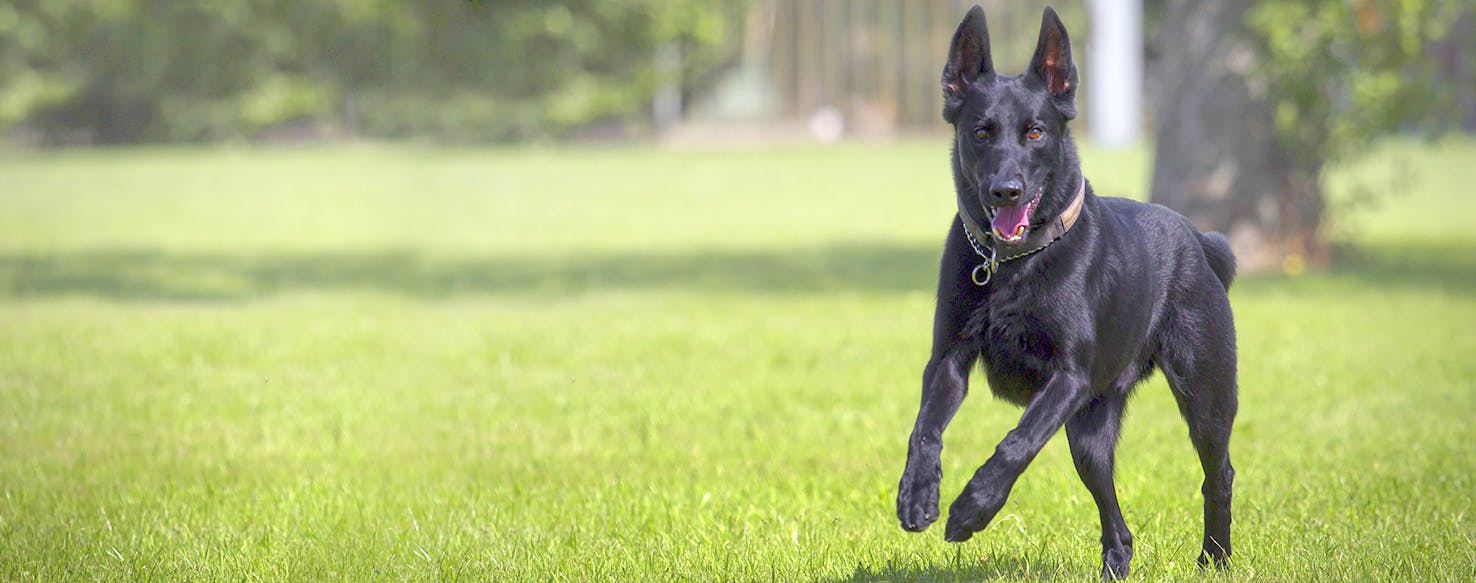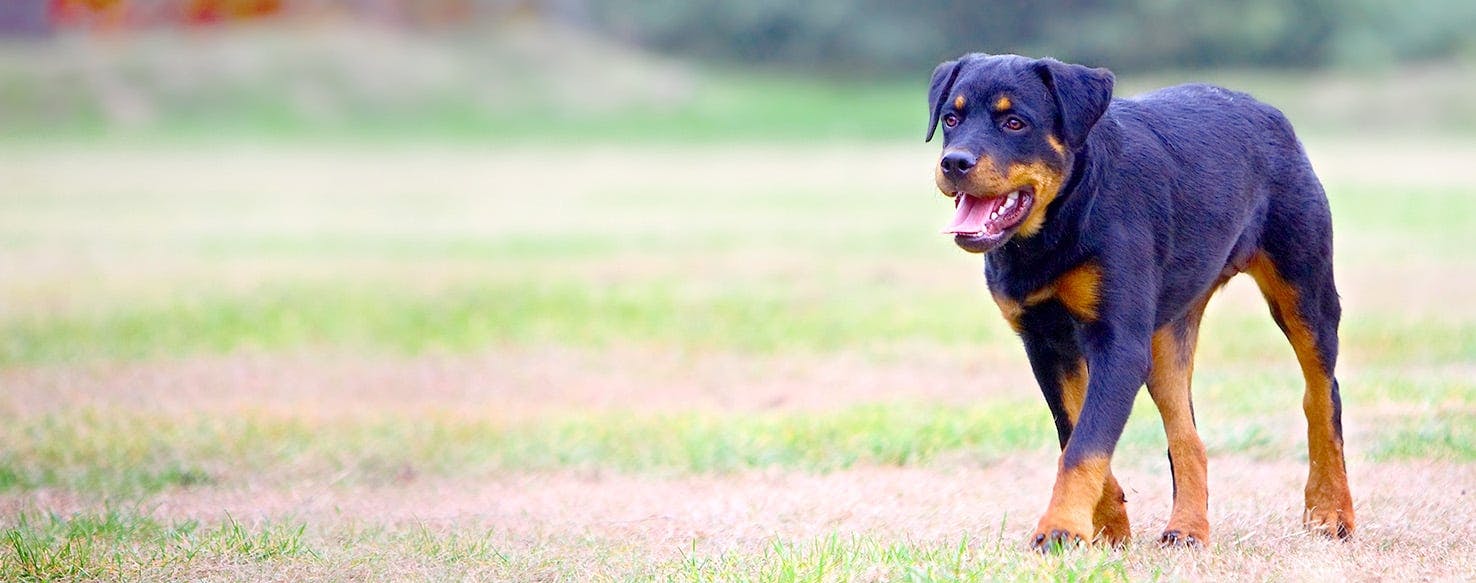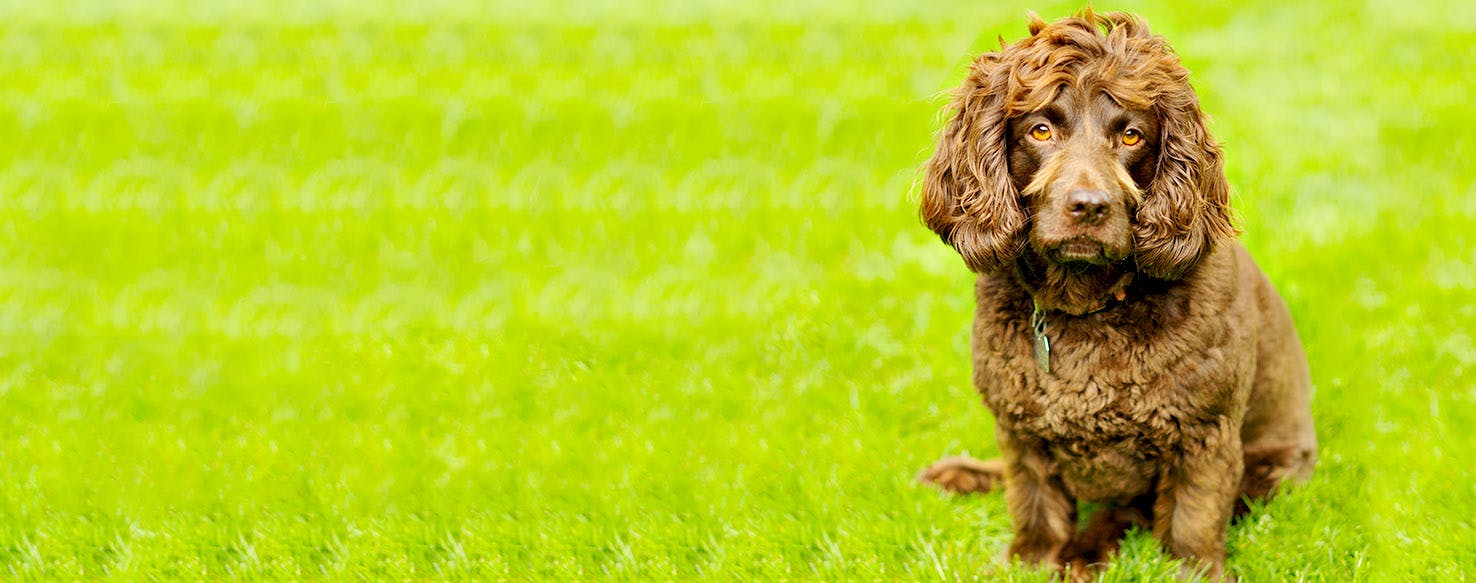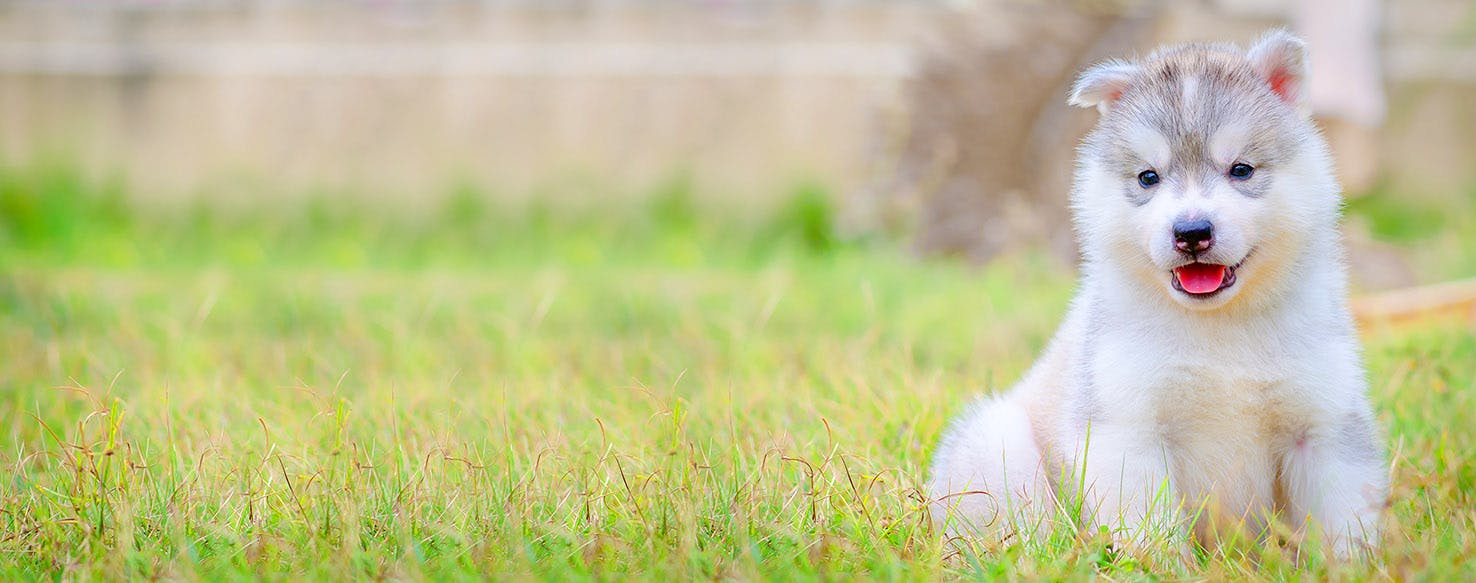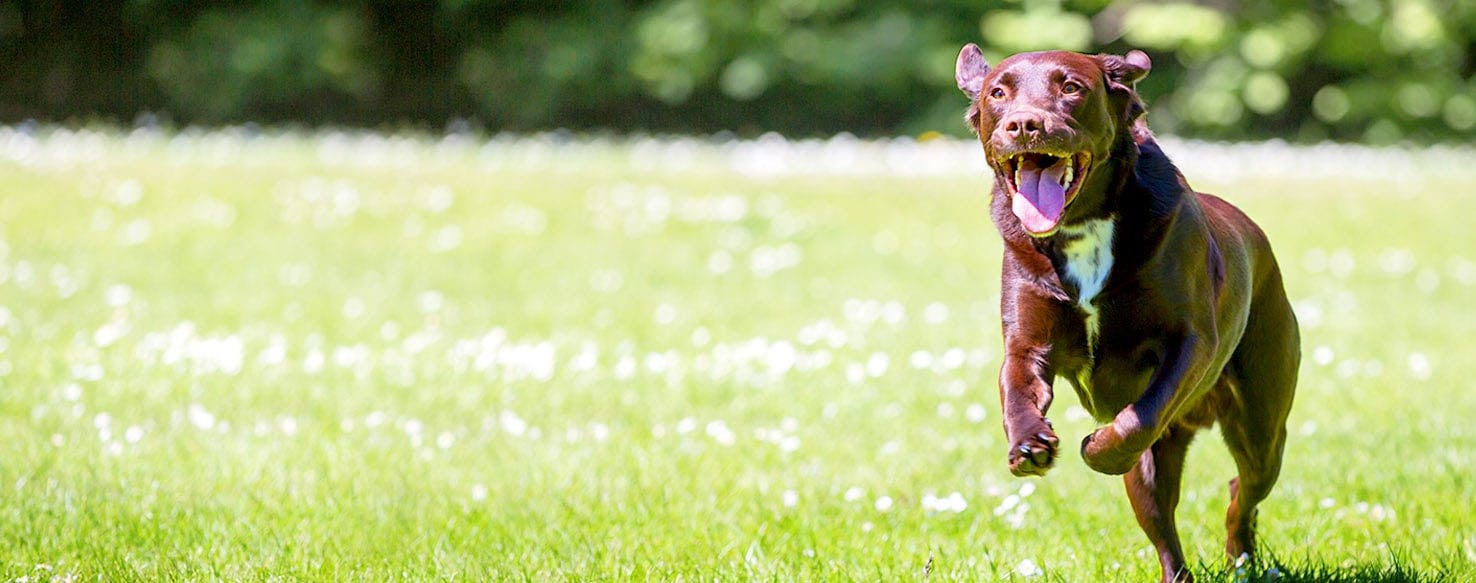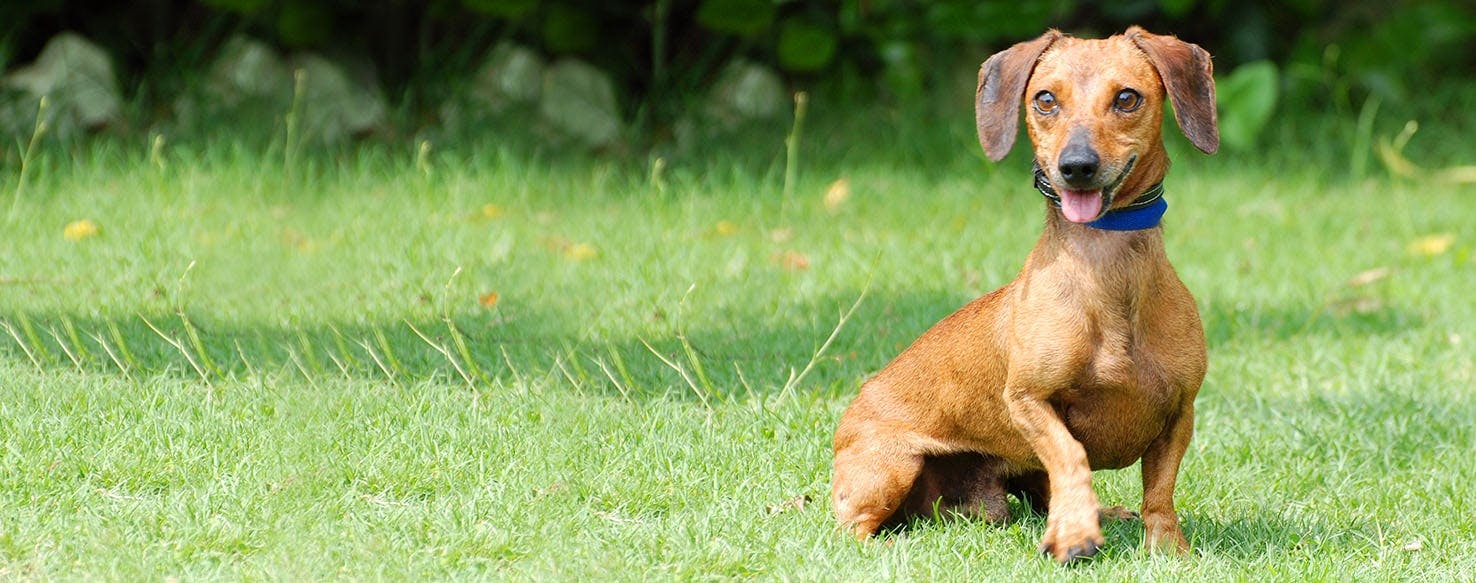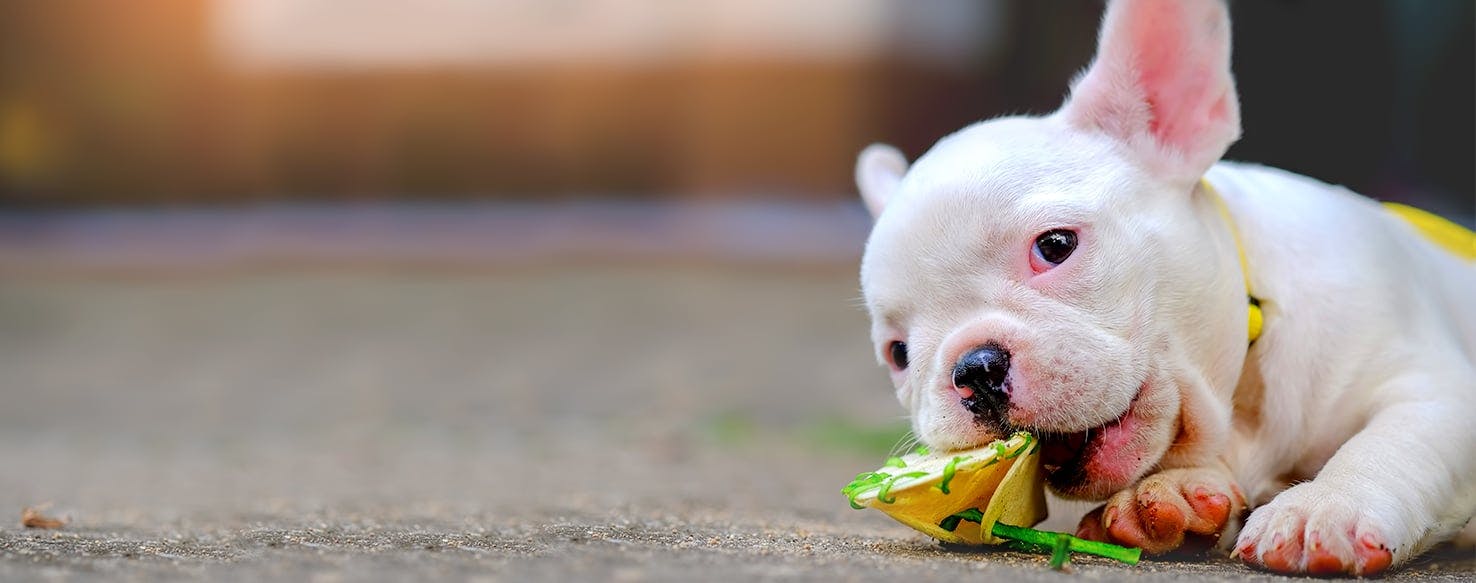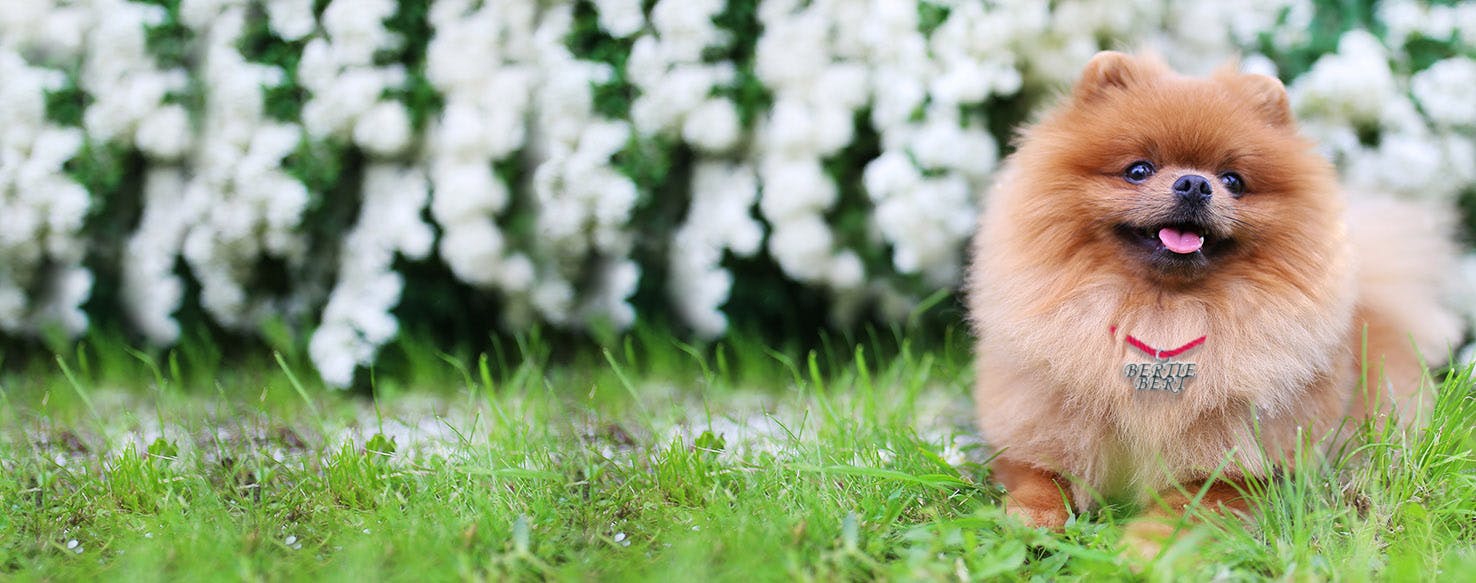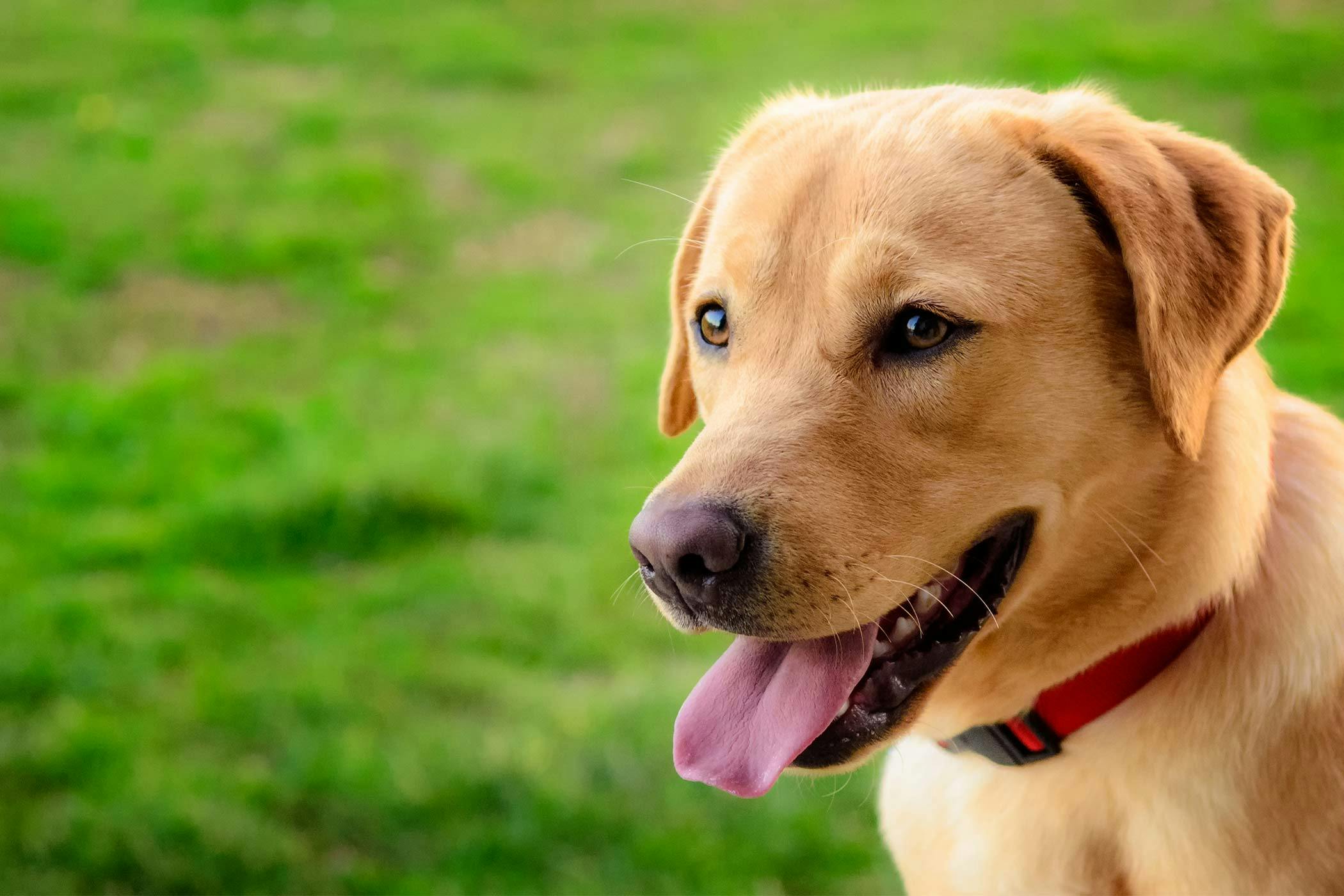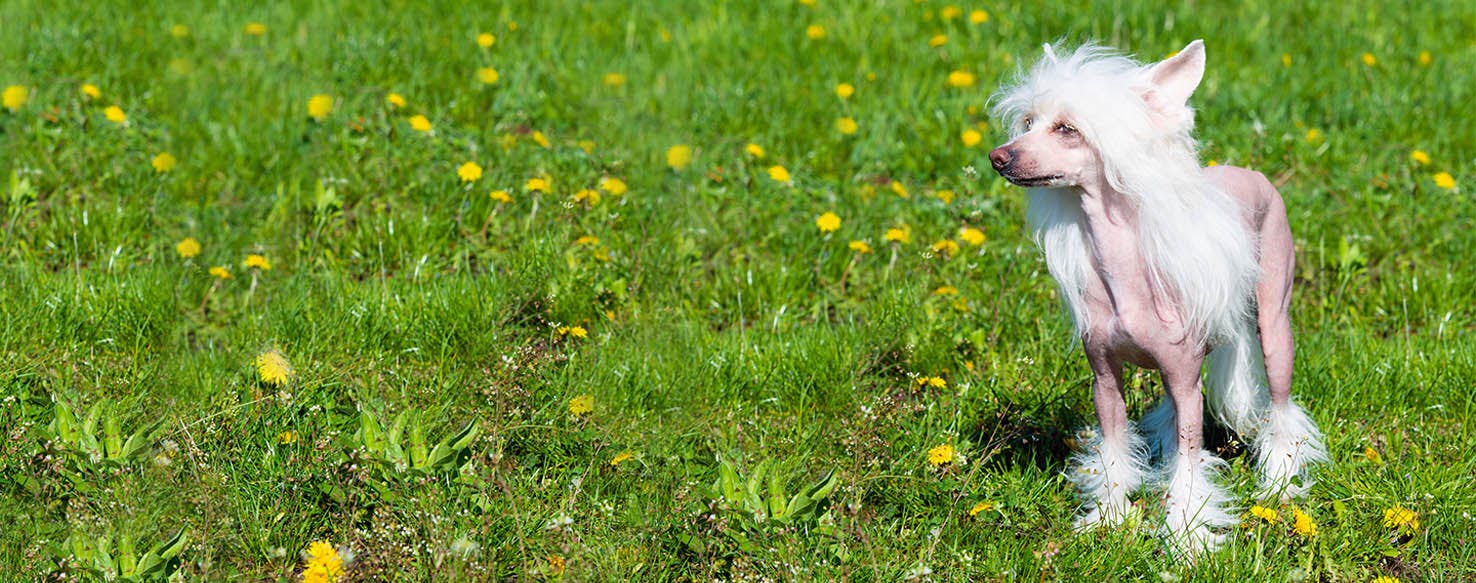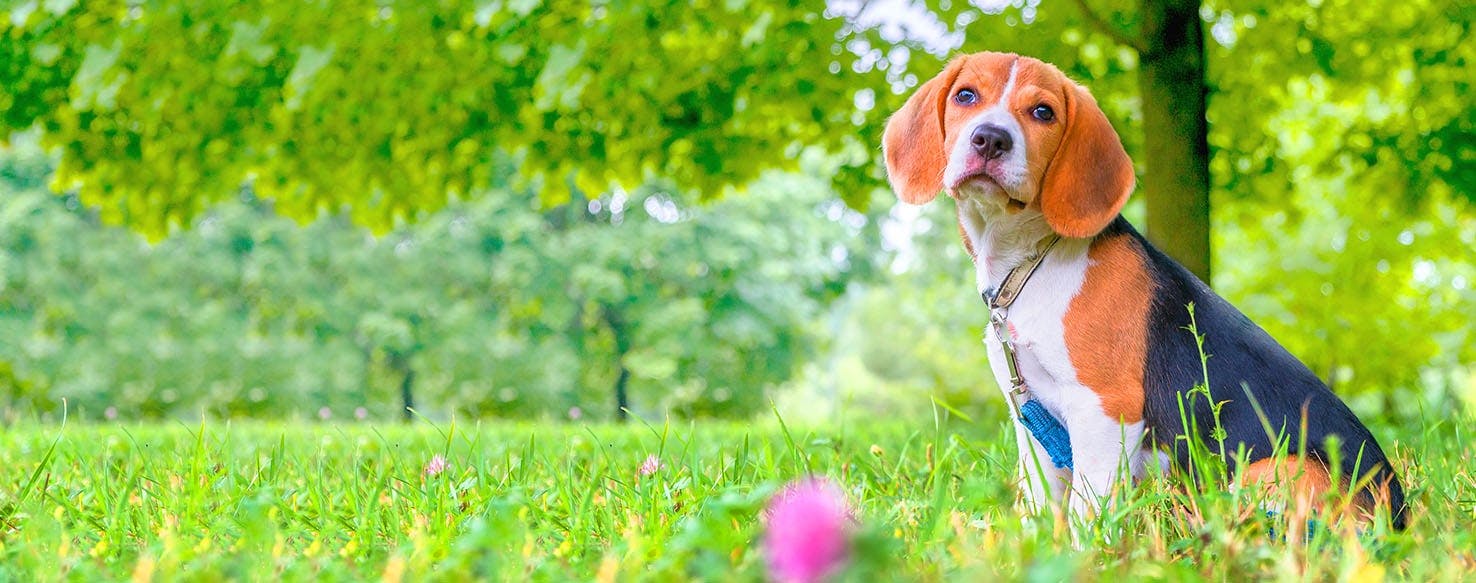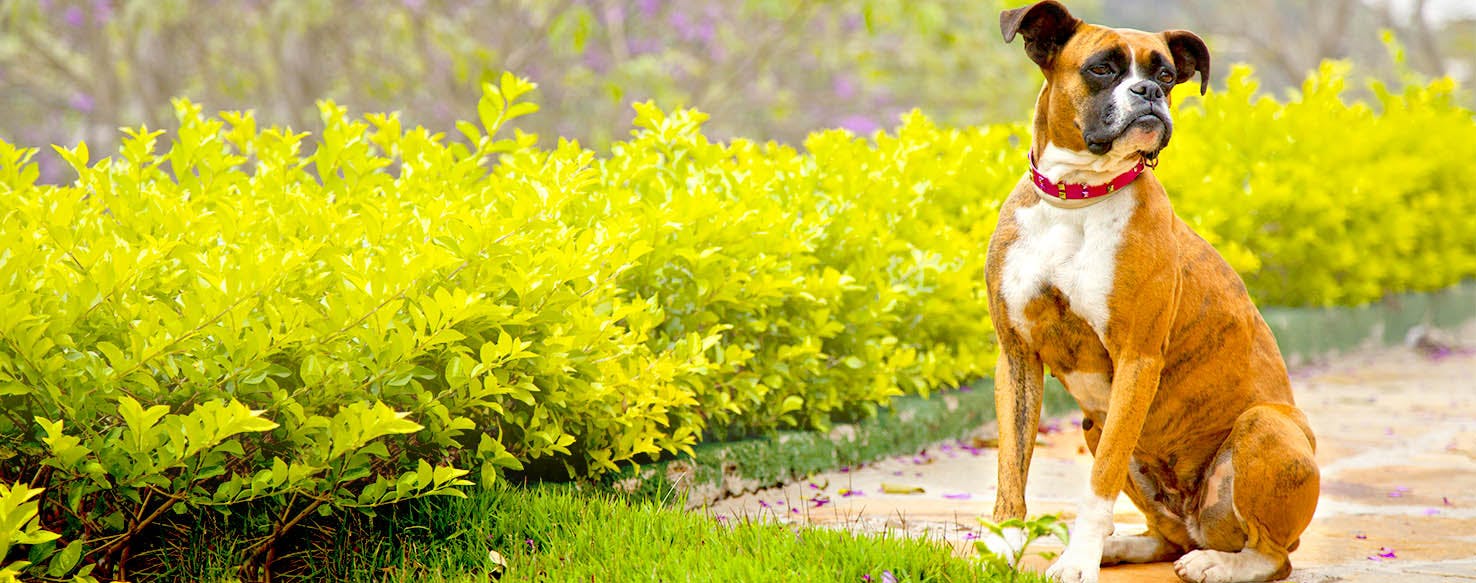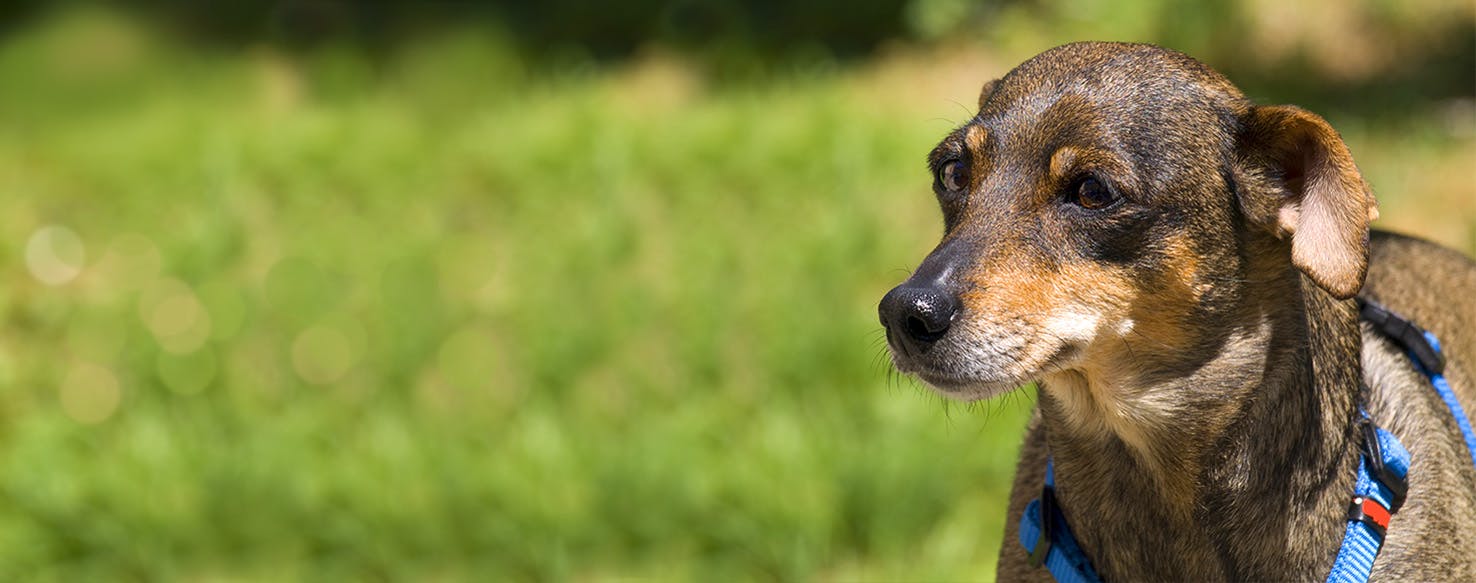Introduction
Japanese dogs have gradually gained popularity over the years, especially in Western countries. Among these breeds, perhaps one of the favorites is the Akita, a big, strong breed known for its loyalty to its owner. In Japan, the Akita is considered a “national treasure”. This native breed is also believed to be a symbol of good luck, success and good health. In 1937, Hellen Keller first brought the Akita to United States soil. At present, they are being bred all over the country. The Akita is known for not backing down easily. However, with proper training and socialization, it can be an extremely loving and amusing pet to have.
Akita Dog Names in Pop Culture
The Akita has seen been featured quite well in various Japanese film and mangas (comics). However, undoubtedly the most popular Akita in modern pop culture is Hachiko. Hachiko was born in 1923 and was owned by Hidesaburo Ueno, a professor at University of Tokyo. Ueno, who lived near the Shibuya Station, would walk with Hachiko to the train station every day. At the end of the day, Hachiko would come to the station and greet his owner as he arrived from work.
This routine went on for a few years until 1925. During one of his lectures, Ueno suddenly collapsed and was found to have suffered cerebral haemorrhage, which ultimately caused him his death. Hachiko, who was unaware of his owner’s passing, waited at the station. He waited for Ueno to arrive at the station for exactly nine years, nine months and fifteen days. Throughout this period, people would notice Hachiko and give him treats while he waited for the train to arrive. In 1935, Hachiko succumbed to old age and was found to have died of terminal cancer.
The amazing story of Hachiko’s loyalty to his master became legendary in Tokyo. In fact, a bronze statue was built at Shibuya Station in his honor. Hachiko also became the subject of the Japanese film Hachiko Monagatari, which centered on the friendship between the two and detailed his life and illusory reunion with his owner. Another big screen adaptation of Hachiko’s story was the remake of the Japanese film entitled Hachi: A Dog’s Tale, which outlines a similar story between an American professor and his loyal dog.
Apart from the films, Hachiko was also heavily featured in some literary books. Two children’s books, namely Hachicko: The True Story of a Loyal Dog and Hachiko Waits, depicts the famous Akita’s story. David Wroblewski’s 2008 novel, entitled The Story of Edgar Sawtelle, also significantly highlights Hachiko.
Aside from Hachiko, there are other Akita dog characters that have been a staple in Japanese culture. In the Japanese film Snow Prince, the protagonist owned an Akita named Chibi. Another example is the adventure manga called Ginga: Nagareboshi Gin. This series is focused on the story of Gin, an Akita dog who decides to leave his owner to join the quest of a pack of wild dogs. There is no shortage of Akita references in contemporary pop culture, which helped increase the popularity of the dog breed not just in Japan but all over the world.
Akita Dog Name Considerations
Naming your Akita is a crucial step to making it a member of your family. Generally, dogs pay most attention to the first syllable of a word. Therefore, it makes sense to choose a name that is no longer than two syllables. This makes it easier for the dog to remember their given name. For Akita dogs, regardless if they are Japanese or American bred, it is best to pick a traditional Japanese term or phrase as a name, since both styles of breed originated from Japan.
Your Akita might have certain features that can usually give you an idea of what to name it. Naturally, you would want a name that matches your dog well. Some considerations for choosing a name include appearance, color, size and personality, among others. For instance, if you have a dark-colored Akita, the name “Kuroi”, which translates to “black”, is a fitting name. For a white or light-colored Akita, the name “Yuki”, which is Japanese for “snow”, would be more appropriate. If your Akita is strong-willed and brave, you may choose to name it “Ryu”, which means “dragon” in Japanese. These are just some examples of various terms and phrases in Japan that can be used as a name for an Akita.
Male Akita Dog Names
| Votes | Name | Vote |
|---|---|---|
| 10 |
Daiki
For "great nobility" in Japanese
|
|
| 10 |
Kazuki
Means "peace and hope" in Japanese
|
|
| 9 |
Uki
Means "big" in Japanese
|
|
| 9 |
Okami
As in "wolf" in Japanese
|
|
| 8 |
Makoto
For "sincere" in Japanese
|
|
| 8 |
Kuma
Means "bear" in Japanese; great for a bear of a dog
|
|
| 7 |
Yori
Means "trust" in Japanese
|
|
| 6 |
Shiro
Means "white" in Japanese, suitable for a white canine
|
|
| 5 |
Isamu
Means "brave" in Japanese
|
|
| 5 |
Kiyoshi
This means "quiet child" in Japanese; for the introvert dog
|
|
| 4 |
Sachiko
Means "joyful child" in Japanese
|
|
| 3 |
Toshi
Means "alert and intelligent" in Japanese
|
|
| 3 |
Riko
Means "clever" in Japanese; for that super smart pup
|
|
| 3 |
Shogun
Means "leader" in Japanese
|
|
| 3 |
Eri
Means "blessed prize" in Japanese; your dog is prized
|
|
| 3 |
Haruko
Means "spring child" in Japanese
|
|
| 3 |
Kashi
As in "oak" in Japanese
|
|
| 3 |
Nori
This means "belief" in Japanese
|
|
| 2 |
Jun
Means "obedient" in Japanese, like an obedient pup
|
|
| 2 |
Kaito
For "ocean" in Japanese
|
|
| 2 |
Yoshi
Means "righteous" in Japanese
|
|
| 1 |
Yuudai
Means "great hero" in Japanese
|
|
| 1 |
Samurai
Means "warrior" in Japanese
|
|
| 1 |
Taichi
Means "big one" in Japanese; this will fit a giant breed
|
|
| 0 |
Takao
For "nobleman" in Japanese
|
|
| -1 |
Taro
Means "oldest son" in Japanese
|
|
| -1 |
Seiko
As in "force" in Japanese
|
|
| -1 |
Akio
Means "bright man" in Japanese
|
|
| -2 |
Tatsuya
This name means "to be imperial" in Japanese
|
|
| -2 |
Yuji
Means "brave son" in Japanese
|
Female Akita Dog Names
| Votes | Name | Vote |
|---|---|---|
| 11 |
Mana
Means “affectionate daughter” in Japanese
|
|
| 11 |
Junko
Refers to “pure and genuine child” in Japanese
|
|
| 10 |
Sora
Means "sky" in Japanese
|
|
| 10 |
Shinju
Means “pearl” in Japanese, for the treasure in your life
|
|
| 10 |
Shiki
Means “four seasons” in Japanese
|
|
| 10 |
Yuko
Means “gentle child” in Japanese
|
|
| 10 |
Akemi
Means “bright and beautiful” in Japanese
|
|
| 9 |
Zuki
Means “moon” in Japanese
|
|
| 9 |
Miko
As in “beautiful daughter” in Japanese
|
|
| 8 |
Kyoko
Means “respectful child” in Japanese and suits the obedient canine
|
|
| 7 |
Yuri
Is “lily” in Japanese
|
|
| 7 |
Miki
As in “beautiful princess” in Japanese
|
|
| 6 |
Rina
Means “jasmine” in Japanese
|
|
| 6 |
Mayu
The meaning is “true or gentle” in Japanese
|
|
| 6 |
Hana
As in “flower” in Japanese; beautiful for a gorgeous dog
|
|
| 5 |
Megumi
Means “blessing” in Japanese
|
|
| 5 |
Ren
Means “lotus” in Japanese
|
|
| 5 |
Yuzuki
As in “gentle moon” in Japanese
|
|
| 4 |
Aiko
Means "love child" in Japanese
|
|
| 4 |
Saki
Means “blossom” in Japanese
|
|
| 3 |
Chou
Refers to "butterfly" in Japanese
|
|
| 3 |
Yasu
Means “peace” in Japanese
|
|
| 3 |
Shiori
Refers to the meaning “poem” in Japanese
|
|
| 3 |
Kin
Refers to “gold” in Japanese
|
|
| 2 |
Rei
Means “lovely” in Japanese
|
|
| 1 |
Akiko
Means “bright child” in Japanese
|
|
| 1 |
Hoshi
Means “star” in Japanese
|
|
| 1 |
Mio
Means “beautiful cherry blossom”
|
|
| 0 |
Eiko
Means “child of splendor” in Japanese
|
|
| -2 |
Momo
Refers to "peach" in Japanese; a pup can be just a peach
|
